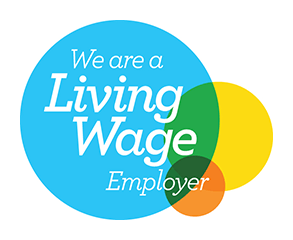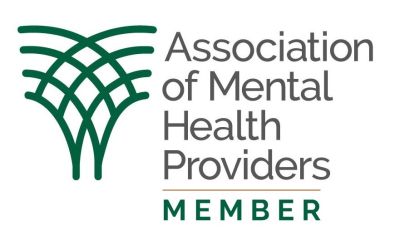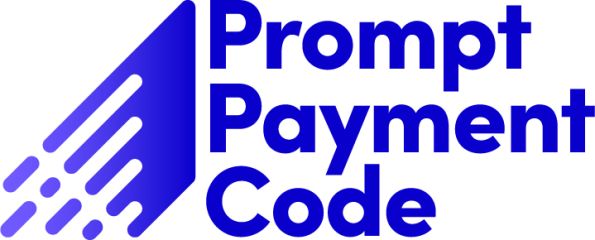Rukhsana had been admitted to hospital from her home address following a suspected stroke. At the point of referral to the Advocacy Hub, she had been deemed fit for discharge however there were concerns that she would not be able to safely return to her home. Rukhsana was referred for advocacy support as she had been assessed as lacking capacity in relation to where she should live. The Independent Mental Capacity Act Advocate met with Rukhsana at the hospital on several occasions, unfortunately she was unable to voice her wishes and feelings on the proposed options. The IMCA spent time getting to understand her gestures and communication and was able to build a basic understanding of what would be important to her. The IMCA attended an initial Best Interest meeting where it was agreed that Rukhsana’s needs could not be met safely if she returned home. It was agreed that she would require residential care to ensure that her needs could be met safely. The IMCA asked that Rukhsana be assessed for any nursing needs and it was agreed that a continuing health care checklist would be completed. A nursing home that matched Rukhsana’s own home environment as much as possible was found and information relating to her preferences and interests were communicated to the care staff. Rukhsana is now residing in a nursing home that meets her needs and offers activities that she enjoys, and she is very happy. The IMCA service involvement allowed Rukhsana’s views to be represented throughout the process. The IMCA was able to uphold Rukhsana’s rights by ensuring any decision made was in her best interest and was the least restrictive option available to her, whilst adhering to the guidance of then Mental Capacity Act and its Best Interest checklist.
Our Awards
We are delighted to have received a number of awards over the past year.













